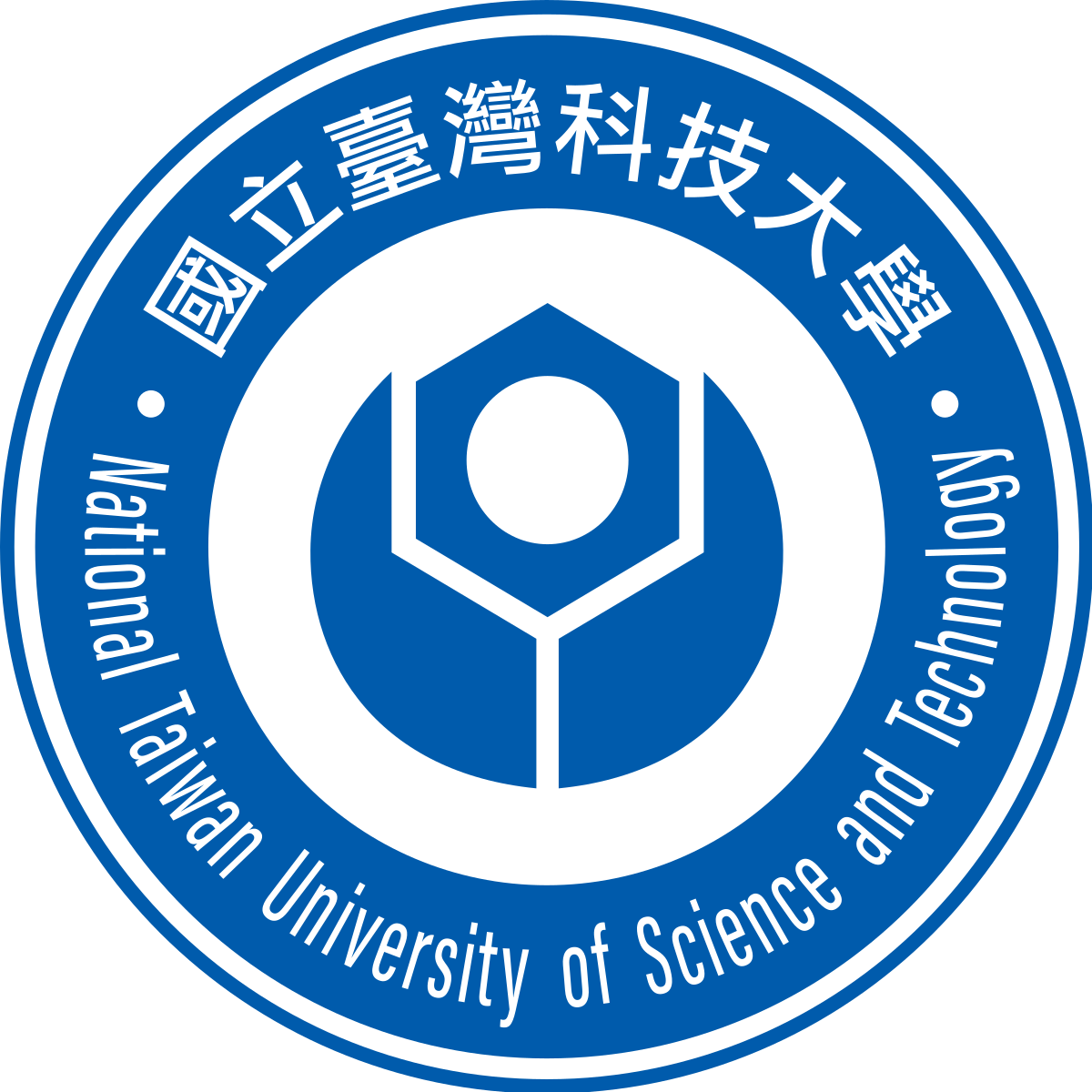Nano Electrochemistry Lab (SEED Center)
Research Field
Wei-Nien Su is a professor at the Institute of Applied Science and Technology of the Taiwan University of Science and Technology and currently serves as the director of the Technology Transfer Center of the R&D Department. His research interests include energy nanomaterials and electrochemical systems, including electrocatalysts, energy storage materials, and perovskite solar cells. W.N. Su received his Master of Engineering (Diplm. Ing) from the University of Stuttgart, Germany, and later received his Ph.D. from Loughborough University in the UK. He has published more than 200 SCI papers and 13 patents. His Google Scholar citations exceed 11,000, with the H index of 62.
SEED Center (E∞ center) advocates fundamental research and science-based technology development on energy materials and systems, disseminates research outcomes and promotes the applications in portable devices, green communities, buildings, energy storage and transportation.
Energy storage materials for nonaqueous and aqueous batteries; Electrolytes and additives; Electrocatalysis, Fuel cells, Power 2 X conversion
- Formulation of liquid electrolytes and developing solid electrolyte materials and their surface modifications; study their effects on the metal plating and stripping.
- The interfacial stability and reactions of battery active materials during the charge / discharge.
- The electrocatalyst’s changes in its valence state and coordination environment under operative conditions.
--
PhD - Loughborough University (UK)
Dipl. Ing. - Universitaet Stuttgart (Germany)
BSc - National Taiwan University, Dept. Chem. Eng.
1 Vacancy
Job Description
Note: No applicant should apply for different vacant jobs at the same time. Multiple applications do not increase your chances
Preferred Intern Education Level
Undergraduates and graduates (Master, PhD) are all welcome.
Skill sets or Qualities
Computer Science with some knowledge in Chemistry
Chemistry or related background (Mat. Sci. or Chem. Eng., etc.) with programming skills or ML interests
1 Vacancy
Job Description
Note: No applicant should apply for different vacant jobs at the same time. Multiple applications do not increase your chances
Preferred Intern Education Level
Undergraduates and graduates (Master, PhD) are all welcome.
Skill sets or Qualities
Material (electrocatalyst) synthesis, characterization, electrochemistry
1 Vacancy
Job Description
Note: No applicant should apply for different vacant jobs at the same time. Multiple applications do not increase your chances
Preferred Intern Education Level
Undergraduates and graduates (Master, PhD) are all welcome.
Skill sets or Qualities
Materials preparation and characterization, glovebox, etc.
